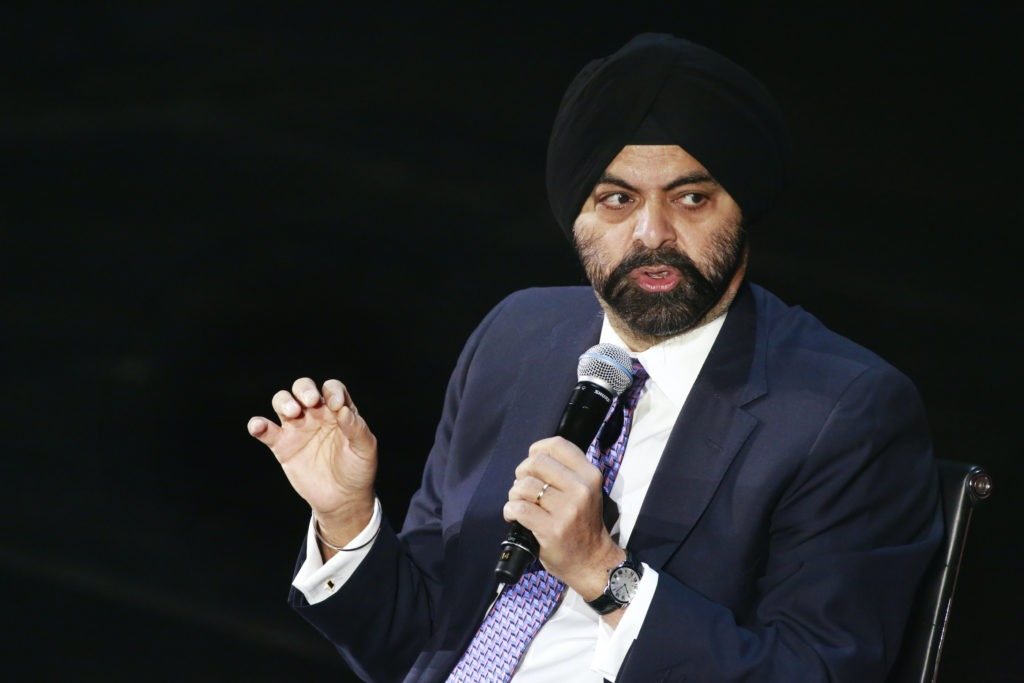Ajay Banga:
Yes, I am.
I will say that I am very optimistic in general about the state of the U.S. economy. I believe that the package of measures that the system has put into place, from monetary and fiscal policy, as well as all the things that I see underlying in the economy, are very constructive.
But the problem is, overall, U.S. GDP will do well, but we have got to worry about those that are getting left behind. And we know that, during the pandemic, women-owned businesses, minority-owned businesses, women and minorities in jobs suffered disproportionately compared to others.
And we know that the digital divide exists right now. Just to be clear, the pandemic didn’t suddenly create all this. This is — it’s exposed issues in our society that have existed for a while.
And I think we need to build back better. We need to do this better. And just in the case of the digital divide, which is where the K-shaped recovery idea comes from, the digital divide will actually make it worse, right?
If you can’t get access to broadband or infrastructure of that type, whether you’re an SME or a student, that’s not a great place to be. It’s the same for the unequal spread of vaccinations across the world, between some developed markets and other developing countries. And that’s one of the reasons why the MasterCard Foundation made this commitment.
So it’s kind of all intertwined, the idea of, we’re in it together. And if you’re going to come out of it, we’re going to have to come out of it together. This beast is going to need your shoulder and my shoulder at the wheel.













































